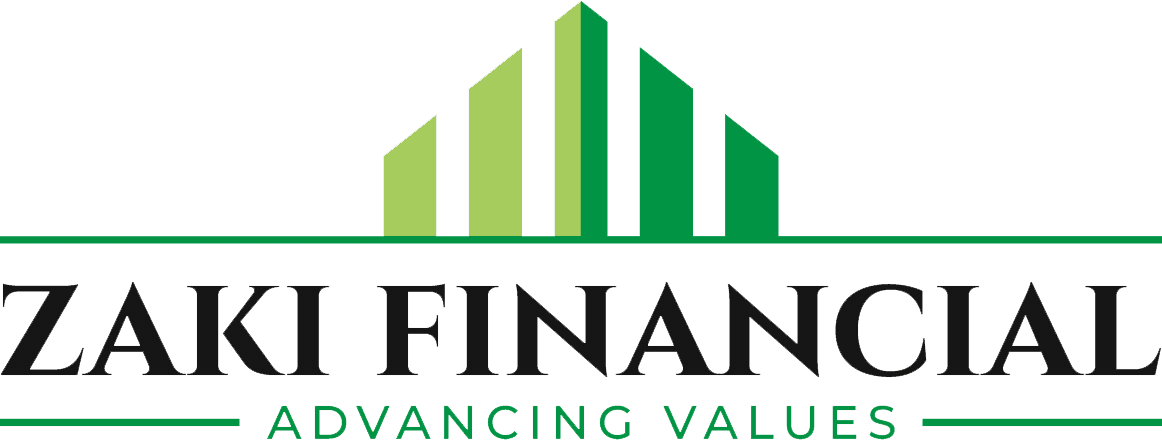An emergency fund is an essential part of personal finance planning.
It stabilizes the family's financial status in an emergency and prevents a crash or bankruptcy.
It is recommended to have 3-6 months of living expenses, depending on the number of working people (1 = 6 months, 2 = 3 months)
Credit cards and lines of credit are not considered an emergency fund
Emergency funds must be liquid and easily accessible
Invest your emergency fund in a joint account so a spouse has access in case of other spouse incapacities
Traditionally, an emergency fund is invested in interest-bearing savings accounts or money market accounts. Those are prohibited by Islam due to interest. Instead, invest your emergency fund and very conservative Islamic compatible stocks or Sukuk.
In case of no liquidity to pay for an emergency:
Negotiate with creditors: Discount or no-interest payment plan
Sell taxable investments: start with the more liquid ones, and try to harvest a tax loss (if you have a loss before, sell with gain to minimize taxes and vise versa)
Roth account withdrawal: Contributions can be withdrawn without penalty. Earning can only be withdrawn after age 59.5 and after owning the account for five years. Earnings are subject to income tax. There are exemptions to the penalty:
You're withdrawing up to $10,000 to buy your first home.
You're withdrawing up to $5,000 in the year after the birth or adoption of your child.
The withdrawal is for qualified education expenses.
The withdrawal is for unreimbursed medical expenses exceeding 7.5% of your adjusted gross income for the year.
The withdrawal is for health insurance premiums while you're unemployed.
The withdrawal is due to disability.
The withdrawal is made to a beneficiary or your estate after your death.
If you decide to take substantially equal payments, you are locked into taking at least one distribution per year for at least five years or until you turn 59½, whichever comes last.
The withdrawal is due to an IRS levy.
You made the withdrawal when you were a reservist, as defined by the IRS.
IRA account withdrawal: Contributions and earnings are all subject to income tax at the time of withdrawal. They are also subject to a 10% penalty if withdrawn before age 59.5. Exceptions to penalty are almost similar to the above.
401k account withdrawal: Contributions and earnings are all subject to income tax at the time of withdrawal. They are also subject to a 10% penalty if withdrawn before age 59.5. Exceptions to penalty are:
Total and permanent disability.
Unreimbursed medical expenses (greater than 7.5% of adjusted gross income).
Employees separated from service at age 55 or older (age 50 for most public safety employees) but only from the job they left.
Some 401K plans allow withdrawal for hardship while you are still working and participating in the plan
Medical or funeral expenses
Avoiding eviction or foreclosure
The cost of repairing damage to the employee's home
401k account borrowing: The maximum amount a participant may borrow from their plan is 50% of their vested account balance or $50,000, whichever is less. An exception to this limit is if 50% of the vested account balance is less than $10,000: in such case, the participant may borrow up to $10,000. If you don’t repay the loan, including interest, according to the loan’s terms, any unpaid amounts become a plan distribution to you. The interest here is likely halal because you are paying it yourself (your account). Your plan may even require you to repay the loan in full if you leave your job.
Loans: This is a last resort as debt in Islam is very discouraged. Follow these general principles as much as you can:
Try family and friends first
Avoid interest if you can
Avoid predatory lenders like paycheck cash advances
Other recommendations to prepare for emergency
Life and disability insurance
Have an excellent and supportive relationship with family and friends
Learn about government assistance programs
Learn about charities providing assistance in your area.
